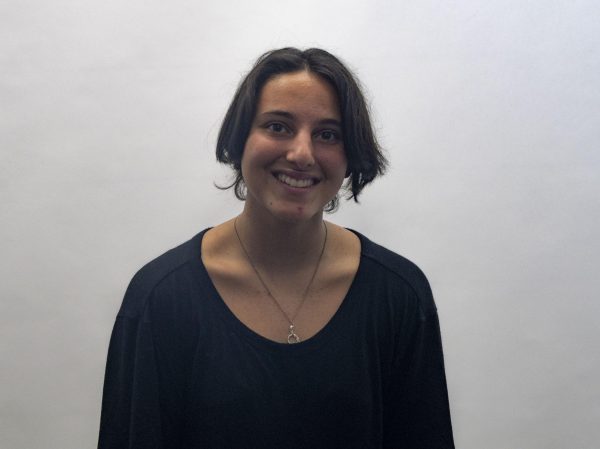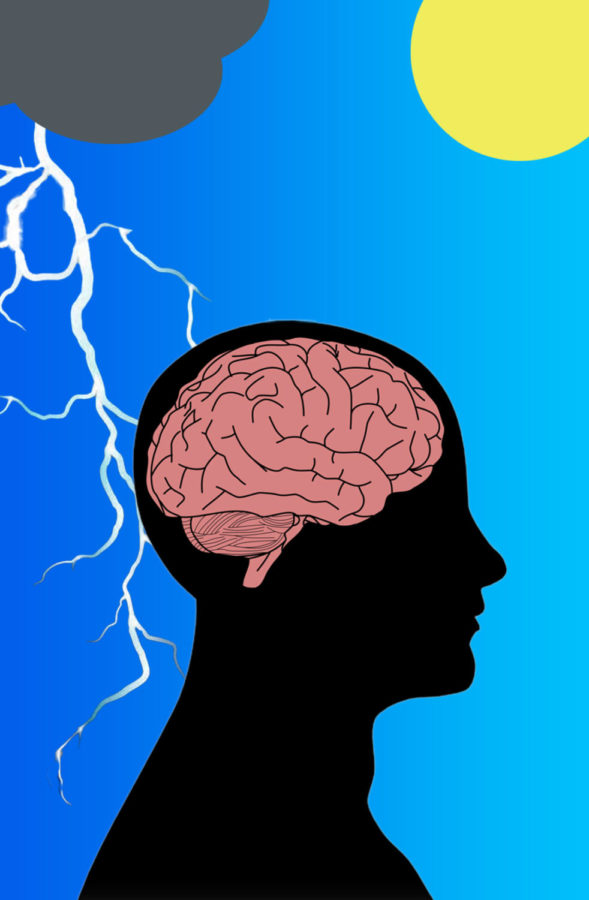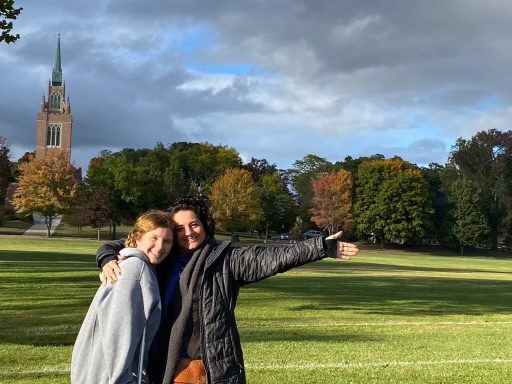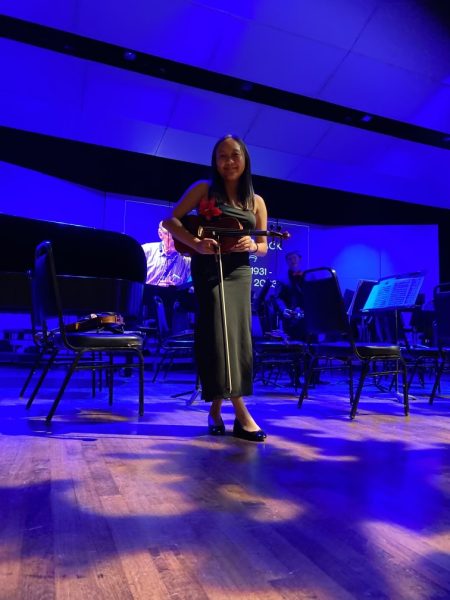Helping hand
The RUHS Wellness Center works with Clear Recovery to offer students a place to bounce back from addition and address mental health
Minds are something everyone has, and like that of doctors, dentists and orthodontists, professionals that help with matters of the mind are necessary. Now, at RUHS there is a person on scene to see when in need of assistance in mental wellness–a therapist. The former counselor of Parras Middle for 14 years, Rachel Andrews, came to RUHS starting a wellness program to provide students with support and hold mental wellness-focused events for students to partake in.
The Mental Wellness Center she has founded is new to RUHS, but has had a strong start, according to Andrews. This program has decided to work with the school’s Clear Recovery Center. Clear Recovery is a program that helps students overcome addiction and is open Monday through Friday from 9:30 a.m. to 1:30 p.m. Despite mental health and addiction being two different things, Andrews clarifies the ties between the two.
“I wish more students knew that mental health and substance abuse are inexplicably linked. A lot of times, people are using substances because they have some things going on,” Andrews said.
Even though addiction specifically is not very common, according to Andrews, overuse is. The Mental Wellness Center and Clear Recovery are both ways for students to receive support when facing these challenges.
“What’s happening at this age is there’s overuse or relying too heavily on one particular coping strategy. It could be video games, drugs, alcohol, vaping or anything honestly. Anything that gets in the way of you being your best self or that gets in the way of you reaching your own personal goals would be considered overuse. If there’s overuse happening and you realize it and maybe want to scale back a little bit, then you can see someone [at Clear Recovery] for support,” Andrews said.
As challenges arise and stress increases in students’ lives, it is advantageous to have accessibility to such support if wanted or needed. Despite assumptions that counselors and staff of these centers are the only ones who can aid those struggling, Andrews acknowledges the ways RUHS students can assist their peers as well.
“Steps students can take to acknowledge mental health is always being willing to listen to your friends and to be a non-judgmental friend to those that you’re closest with. Being able to share with them about your own journey, but also being able to listen to your friends about stuff that’s serious and not just fun [is important]. At the end of the day, it’s having that support that is important,” Andrews said.
As some often forget, mental health is a form of health. Andrews speculates the correlations between physical and mental health in attempts to show her views and clear any misconceptions.
“When you’re a kid, your parents get you hooked up with a doctor right away by a pediatrician, then they get you to go to a dentist,” Andrews said. “It’s really important that we also normalize that our brain and our well-being is something that should be considered as well. I think it’s really positive for everyone to have a doctor, dentist and therapist.”
Counseling is an open space for individuals to talk freely about their feelings and issues. All services at RUHS in regards to therapy or counseling are confidential. The things discussed during such sessions are required by law to remain confidential unless someone is being harmed (by themself or another individual) and/or plans to harm others. Otherwise, this information is not disclosed to anyone else, including, but not limited to peers, teachers and parents or guardians. At RUHS, these services are available to anyone who needs it. As the Wellness Center and Clear Recovery promote teens to normalize and acknowledge mental wellness, they hope more students will be able to take care of themselves and reach out for help when they need it.
“I think it’s really important that people start looking at their well-being from a holistic point of view and say, ‘I also need to take care of the essence of who I am as a person,” Andrews said. “And normalizing that doing that’s not weird and that everybody has a brain and mental wellness, and it’s okay to not be okay.”

My name is Ariya. This is my third year on staff. This is also my first year as an opinion page editor. I love stoats, snakes, and esoteric words. I make pretty good crepes.






